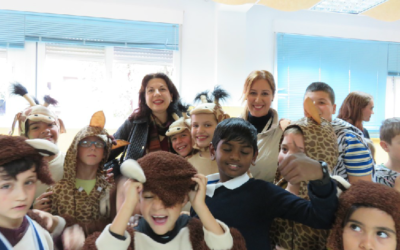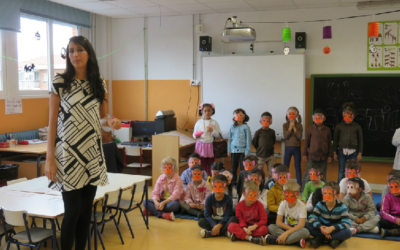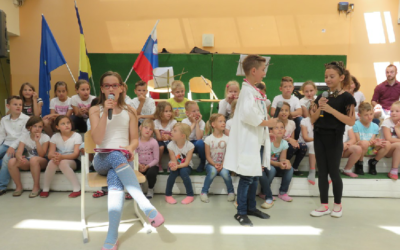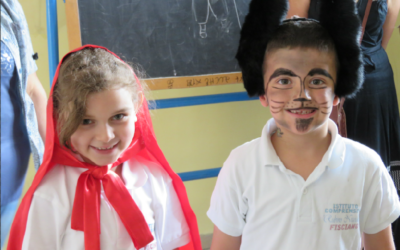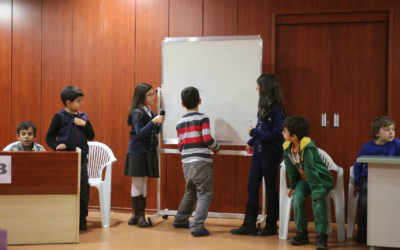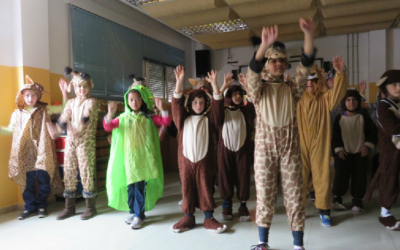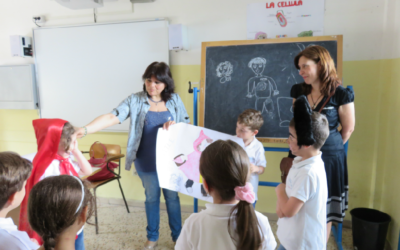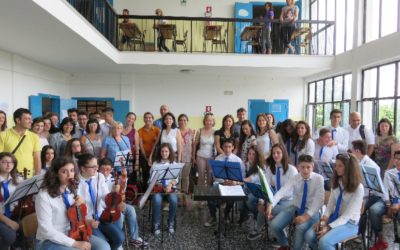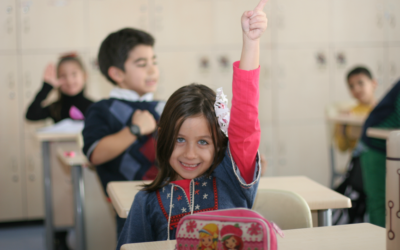Module 1 – Approaches and Methods
As primary school teachers, you certainly know everything about children’s cognitive development and first language (L1) acquisition. Though, as primary school teachers of English,…
Module 2 – Teaching Listening
Good listening skills are essential to the academic and social development of children. For learning to take place in second language (L2) classrooms, primary…
Module 3 – Speaking Skills and Young Learners
Recent social interactionist and socio-cultural research has clearly shown that we learn foreign languages “in” and “through” interaction. This is of course the same…
Module 4 – Teaching Reading
The ability to read effectively is fundamental in our society. We read for pleasure and enjoyment when reading a novel, to follow guidelines when…
Module 5 – Teaching Writing
Primary foreign language programs foster writing with young learners because writing reinforces the association between the sound and the word, gives the language relevance…
Module 6 – Teaching Vocabulary
The research literature on teaching vocabulary has clearly demonstrated the essential role of vocabulary knowledge in order to communicate, read, or write adequately. Children…
Module 7 – Teaching Grammar and Correcting Errors in Young Learner Classrooms
It is often believed that grammar has no place in young learner classrooms and grammar errors should not be corrected as this may discourage…
Module 8 – Intercultural Communicative Competence
In this module we are going to explore the notion of Intercultural Communicative Competence (ICC from now on), and how this competence can be…
Module 9 – Integrating Technology in Young Learner Classrooms
This module aims to discuss the integration of technology in young learner classrooms by covering the place of technology in language teaching, the relationship…
Module 10 – Assessment
Assessment: Any systematic means of discovering and recording how well someone is able to do something. (Rixon, 2012, p. 4) Assessment has the power…


